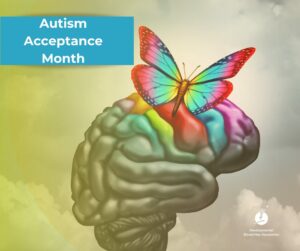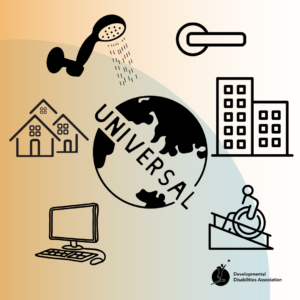Many families who have adults with developmental disabilities living with them are wondering about where their child will live when they’re not around anymore. Younger families with children becoming adults are wondering where their son or daughter will live once they finish high-school and assume the lives of their non-disabled peers. Some families have purchased housing for their adult children and now must try to negotiate the support they will need to live on their own.
Although CLBC often paints a sunny portrait of neighbors helping neighbors and people helping people in the community, the reality is that there are very few neighbors who are willing to contribute their free time to support people with developmental disabilities in the community, regardless of how well-meaning they may be. Vancouver is counted as the 3rd most expensive city to live in – in the world. People are busy working, hustling, moving, making money, spending money, tending to their own needs, supporting their own families, and most barely have time to get a few spare moments for themselves. Most siblings are supportive but they too have extraordinarily hectic lives, so the only realistic option is paid staff support.
So how does housing work for people with developmental disabilities in B.C.?
CLBC issued a paper on Inclusive Housing: “Advancing Good Lives in Welcoming Communities.” On page 2, they clearly state: “CLBC does not have a mandate to fund the cost of actual housing. Our mandate is to: Provide supports to address disability-related needs, including in an individual’s home; Assist individuals and their families to find and use generic and community supports such as transit, recreation, social clubs, etc.; Coordinate amongst various agencies where an individual has complex care needs”.
They go on: “CLBC has several roles in encouraging and facilitating the expansion of inclusive housing…” These roles include convening partners to problem-solve, seek advice and explore innovative and collaborative solutions; Create policy that clarifies CLBC’s mandate and staff roles, and enable/encourage the leveraging of family and service provider assets; Plan for and provide funding for supports for eligible individuals including the option of Individualized Funding or Person-Centered societies (Microboards) to enable flexible person-centered supports.
Families are also referred to BC Housing, which will fund rental subsidies (although these are extremely difficult to come by these days), or home modifications to improve accessibility.
These policies will leave many, many people with developmental disabilities with no housing of their own. Most families in Vancouver cannot afford to purchase a home for their child with a disability and those who do find it very difficult to receive a commitment for ongoing support from CLBC. CLBC has very little money to meet current demand so people with their own homes are generally considered a low priority. It is hard to imagine how this lack of affordable housing will play out over the long term. Home share includes housing, so that will remain a viable option for some.
Because there is no coordinated policy amongst government departments for people with developmental disabilities, families are left on their own to negotiate a path for their adult children in the areas of housing, medical services, aging services, employment, community safety and transportation. Some higher level planning that is consistently applied to all those who are eligible for CLBC services would provide a road-map and offer realistic solutions to predictable problems.



